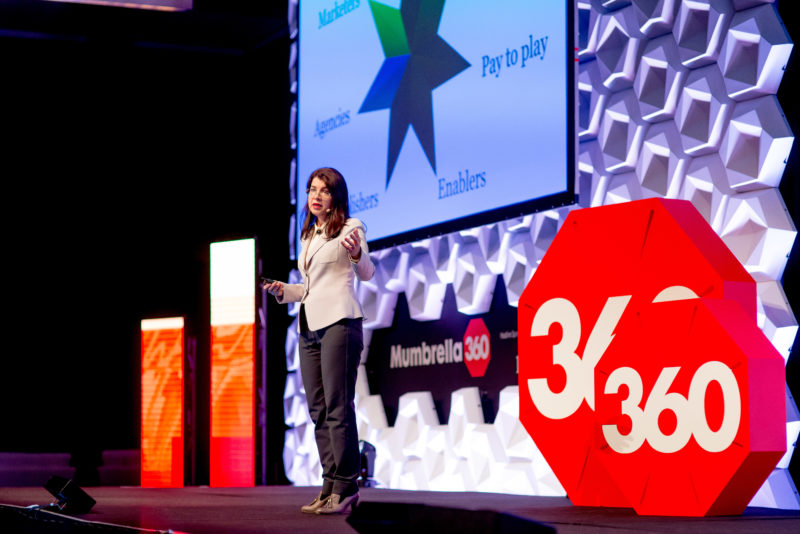Generation Z and declining revenues the key challenges facing marketers and media over next five years: PwC
One of the key challenges facing the industry is the rise of Generation Z – those aged between 8 and 22 – who are safety conscious, privacy aware and hostile toward advertisers, “the product of the airbag generation”, warned Megan Brownlow, partner at PwC during the closing keynote of Mumbrella360.
“The safety aspect is interesting as it’s going to present a particular marketing challenge. It will be hard to get their data as they know how to use their privacy settings, they are pretty smart in that regard,” she said, noting “they are also pretty hostile to interruptive advertising”.



For those tempted to defend their positions with “but but……”, I’d stop and think about what Ms Brownlow has just said. She’s been right be before and I think she’s right again.